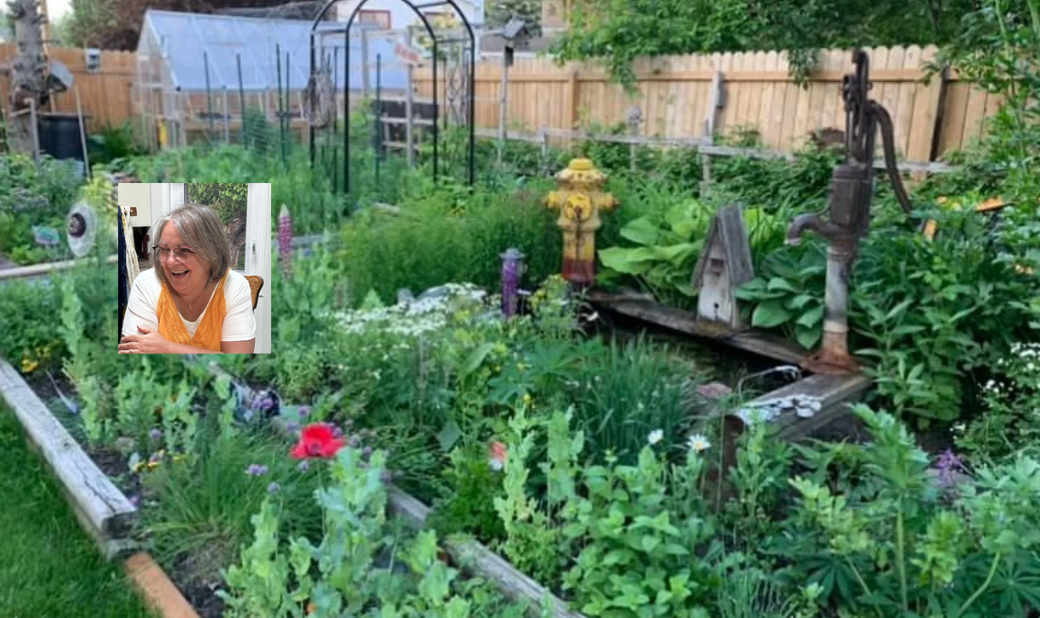It’s not very often I publish the words of someone else in this format, but from time to time – as I take notes for me to remember, it occurs to me that you might also appreciate them. These words from Chieko Okazaki, are comforting, reassuring and true.
Who is Chieko Nishimura Okazaki?
She was an American writer, educator, and religious leader. I came to admire her while she served in the Relief Society general presidency of the Church of Jesus Christ of Latter-day Saints from 1990 to 1997. I looked forward to hearing her speak – she always started with “Aloha” to which the congregation always responded “Aloha” – and I enjoyed reading her words.
Chieko was born in Hawaii in October 1926, growing up in a Buddhist family of Japanese ancestry that was employed on Hawaiian plantations. She was 15 years old when Japan bombed Pearl Harbor, and her family did not escape the horror that followed, especially for those of her ethnic and cultural status. She was Hawaiian born, from Japanese heritage, and spent most of her life living in mainland America, but she confronted racism throughout her life.
As a young teen, she became a Christian, working as a maid to pay for high school. Her family (parents and two brothers) sacrificed for her education, and education became her life’s work. She received her first degree in Education at the University of Hawaii in Honolulu, her Master’s degree in Education from the University of Northern Colorado when she was 51 years old, and another degree in Educational Administration.
Ironically, she was about the age I am now when I first became familiar with her as a speaker and writer. To me, she had a lotta credibility, and I loved her. She served in the trenches and she got it. She really got it.

“It’s our faith” said Chieko Okazaki “that He experienced everything- absolutely everything. Sometimes we don’t think through the implications of that belief. We talk in great generalities about the sins of all humankind, about the suffering of the entire human family. But we don’t experience pain in generalities. We experience it individually.
That means He knows what it felt like when your mother died of cancer — how it was for your mother, how it still is for you. He knows what it felt like to lose the student body election. He knows that moment when the brakes locked and the car started to skid. He experienced the slave ship sailing from Ghana toward Virginia. He experienced the gas chambers at Dachau. He experienced Napalm in Vietnam. He knows about drug addiction and alcoholism.”
. . . There is nothing you have experienced . . . that He does not also know and recognize. He understands about rape and infertility and abortion. His last recorded words to his disciples were “And, lo, I am with you always, even unto the end of the world.” He understands your mother-pain when your five-year-old leaves for kindergarten, when a bully picks on your fifth-grader, when your daughter calls to say that the new baby has Down Syndrome. He knows your mother-rage when a trusted babysitter sexually abuses your two-year-old, when someone gives your thirteen-year-old drugs, when someone seduces your seventeen-year-old. He knows the pain you live with when you come home to a quiet apartment where the only children are visitors, when you hear that your former husband and his new wife were sealed in the temple last week, when your fiftieth wedding anniversary rolls around and your husband has been dead for two years. He knows all that. He’s been there. He’s been lower than all that. He’s not waiting for us to be perfect. Perfect people don’t need a Savior. He came to save his people in their imperfections. He is the Lord of the living, and the living make mistakes. He’s not embarrassed by us, angry at us, or shocked. He wants us in our brokenness, in our unhappiness, in our guilt and in our grief.”
– Chieko N. Okazaki
One of my favourite songs by Kenneth Cope – Broken. Enjoy.
Warmly,
Cindy Suelzle




